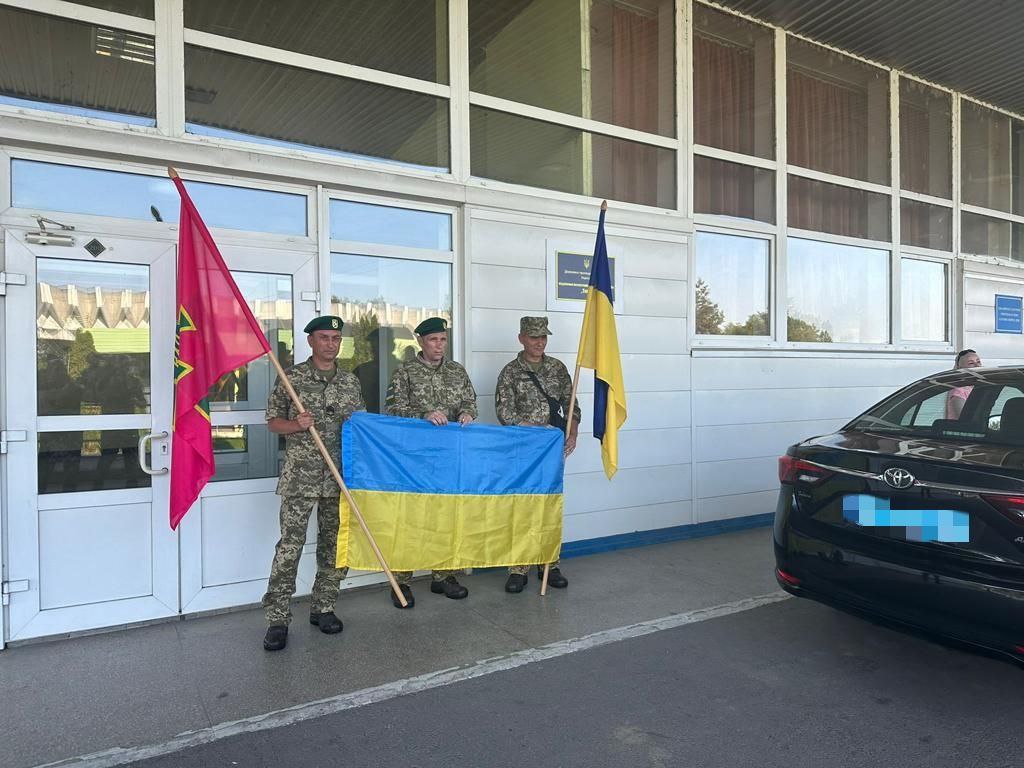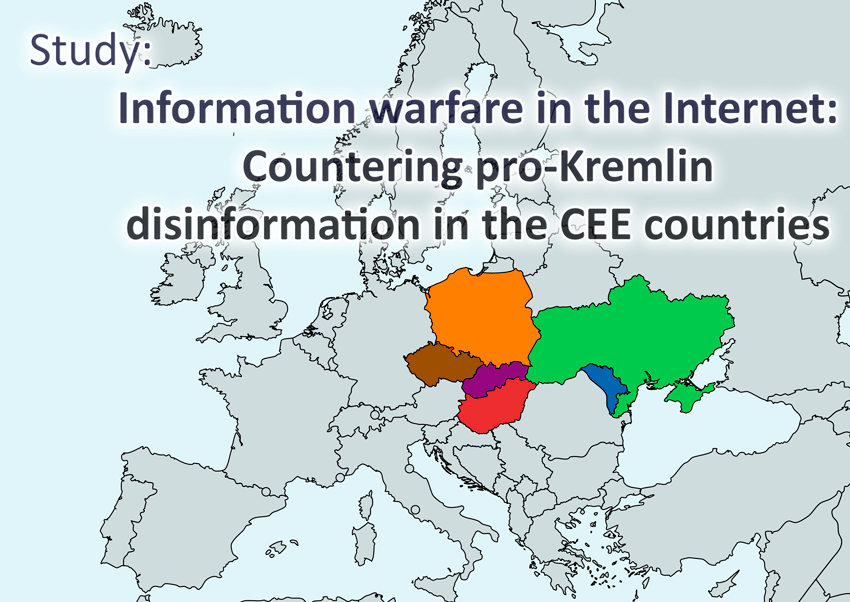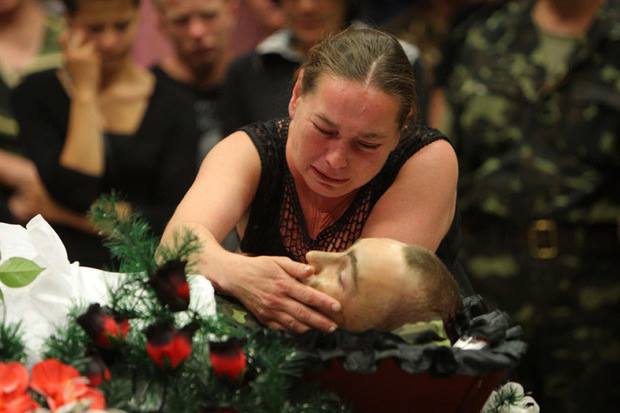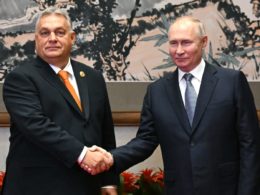The whole story is turning into a “dramatic detective story with political overtones,” according to Ukraine’s Intelligence Directorate.
The Embassy of Ukraine in Budapest has managed to bring back three of eleven Ukrainian prisoners of war from Hungary. They are already on Ukrainian territory and are being provided with all possible support, Foreign Ministry spokesman Oleh Nikolenko reports in a Facebook post.
According to him, Ukrainian diplomats, together with the Coordination Headquarters for the Treatment of Prisoners of War and other official bodies, continue taking active measures to return the remaining Ukrainian defenders who had been transferred from Russia to Hungary.
The POWs had ended up in Hungary after a mysterious prisoner exchange with the participation of the Russian Orthodox Church, which announced on 8 June 2023 that it had handed over prisoners of war of “Transcarpathian origin” to Hungary as part of “interchurch cooperation at the request of the Hungarian side.” The next day, the Hungarian Deputy Prime Minister confirmed media reports that 11 Ukrainian prisoners of war had been transferred to Hungary.
One of the intermediaries was the charitable organization Maltese Aid Service of the Sovereign Order of Saint John of Jerusalem, Knights of Malta. In a written statement seen by Euromaidan Press, its central headquarters in Rome on 14 June acknowledged that its Hungarian organization hosted the POWs and provides them with medical assistance and humanitarian relief but did not partake in negotiations on their release.
Meanwhile, the Ukrainian Foreign Ministry said that Ukraine had not been informed of this matter and attempted to find out their whereabouts.
The story took a strange turn when Ukrainian intelligence sources on 10 June told Ukrainian media RBC that the POWs were going to participate in a staged press conference, the point of which would be to denounce Ukraine and legitimize the Russian Orthodox Church, which had taken a blow under EU sanctions, as well as “play the Hungarian card.” This refers to the Hungarian minority in Ukraine and its alleged discrimination, which has been the reason for poor bilateral relations between Budapest and Kyiv for years.
Press conference by Ukrainian POWs in Hungary to denounce Ukraine, praise Russian Orthodox Church
The action was coordinated by Zsolt Semjén, deputy prime minister for church policy and church diplomacy. Moreover, he appears to have organized the exchange himself without consulting the Orban’s government, causing “serious indignation” with his actions, several independent sources told RFE/RL. According to the media’s sources, the head of the Russian Orthodox Church in Hungary, Hilarion Alfeyev, a confidant of Russian Patriarch Kirill, first informed Miklós Soltész, the State Secretary for Church Affairs of the Prime Minister’s Office, about the possibility of the POW’s transfer. The latter then engaged Zsolt Semjén, who took over the operation and managed to get the POWs to Hungary without alerting the central government or triggering red lights in the Schengen system.
Despite the story’s positive publicity potential, “after it became obvious to everyone that the Hungarian government could be manipulated from Russia at the level of deputy prime minister,” the cabinet simply chose the strategy of remaining silent, hoping that the matter would be forgotten as soon as possible, RFE/RL writes. Little communication with the Ukrainian side commenced.
Zoltán Kovács, Hungary’s state secretary for international communication, stated that the Hungarian state was not involved in the transfer of Ukrainian POWs from Russia, which he claimed took place as a result of an agreement between the Russian Orthodox Church and Hungarian Maltese Aid Service, which contradicts the latters’ official statement.
He also claimed that the Ukrainian prisoners could “were able to declare, out of their own free will, that they wished to come to Hungary,” that most had Hungarian citizenship, and that the rest had “received refugee status in Hungary,” adding that they are now “free individuals” who “can stay in Hungary or can leave Hungary at any time out of their own free will.”
Ukraine’s Ministry of Foreign Affairs, however, refuted those claims. Its spokesperson Oleh Nikolenko stated that the POW’s status in Hungary was anything but “free.” Ukrainian diplomats were unable to establish contact with the POWs. The POWs were kept in isolation, did not have access to free sources of information, their communication with relatives was supervised, and they were refused contact with representatives of the Ukrainian embassy.
The Ukrainian Ministry of Foreign Affairs had repeatedly demanded that the Ukrainian consul in Hungary receive access to the POWs so he could assess their physical and psychological state, tell him about their rights, and administer the necessary consular assistance, but communication through official diplomatic channels was fruitless, Nikolenko added.
The entire story was turning into a “dramatic story with political overtones,” according to Andriy Yusov, a representative of Ukraine’s intelligence. According to him, Ukraine has a tentative list of eleven POWs transferred to Hungary, but cannot confirm it. According to international law, Yusov explains, this should have been done by the International Committee of the Red Cross, which, in turn, should have been provided with information by the aggressor state, which is Russia, and another state that is a signatory to all agreements, including the Geneva Convention, which is Hungary.
However, the Russian Ministry of Defense did not confirm the transfer, making this a “very strange case,” Yusov told. Several months ago, Hungary had asked Russia about a list of 13 POWs, which presumably comprised the 11 POWs that eventually were transferred. Ukraine’s intelligence knew about this “special operation” before it even became known, but Budapest denied it would happen, Yusov said.
Foreign Minister Dmytro Kuleba claimed that Hungarian Prime Minister Viktor Orban was personally interested in the transfer of Ukrainian prisoners of war from Russia to Hungary, having the goal of showing “Hungarians both in Hungary and outside Hungary that he was their only defender.”
Yuriy Zoria contributed to this report








